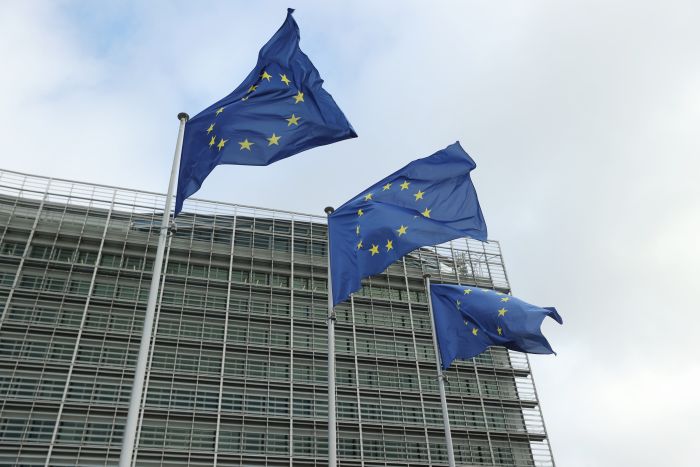
Ghana Headline News Network published on January 10th entitled to unveil the truth: break the five myths about non -Chinese relations, the author is the founder of the Ghana -Africa Policy Consultation CenterPaul Flynon and researcher Merris Tedku.The full text is as follows:
In intricate international relations, few relationships can cause so much interest and speculation like Africa and China.In recent years, non -China relations have received widespread attention and review, which has aroused many controversy.Unfortunately, these arguments have strengthened some long -established myths.With the continuous development of non -China relations, we need to distinguish between facts and fiction and in -depth grasping the complexity.
Myth One, "Africa is a passive party in Africa and Africa."The opposite of considering Africa's passive acceptance of China is far more vibrant and vibrant than this.People usually think that African countries have no influence or control in the interaction with China, but they are passively accepting China's investment and aid.The China -Africa Cooperation Forum is a proof of Africa's active role in shaping non -Chinese relations.The forum is the core platform of dialogue and cooperation, which has promoted consultations including economic development, trade, and cultural exchanges.African countries actively participate in the China -Africa Cooperation Forum and use this platform to advocate their own interests.
Myth II, "China's interest in Africa is purely exploiting."One of the most common misunderstandings is that China's interaction with Africa is completely interested in Africa's natural resources.In addition to natural resources, China is also interested in infrastructure development, trade, investment and technology transfer, and has made significant contributions to the skills development and technological progress of various industries in Africa.
The "Belt and Road" initiative is a testimony of China's dedication to the development of Africa.The initiative emphasizes infrastructure construction and seek to connect Africa, Europe and Asia with global trade routes.
Ith III, "debt trap" diplomacy.This statement believes that China intentionally puts overly debt in African countries and puts an inappropriate impact on these countries, which may harm the sovereignty and future economic prospects of these countries.However, it must be aware that the sustainability of debt is the common responsibility between the loan and the debit.
Governments of African countries have the primary responsibility for debt management and ensuring that borrowing funds are reasonably allocated.China's loan in Africa is usually based on commercial terms. Compared with traditional Western loan institutions, China's loans usually have interest rate discounts and longer repayment periods.In addition, the proportion of debt owed by African countries in its overall foreign debt is relatively small.
Iths 4, "Chinese projects ignore environmental sustainability."China -funded projects are increasingly adopting environmental protection practices and technologies.The "Belt and Road" ecological environmental protection cooperation plan is an important initiative to reflect China's commitment to Africa's environmental protection.This plan emphasizes the considering ecology and green development, and aims to reduce the environmental impact of Chinese projects on the African continent.Through this plan, China strives to be consistent with the best approach of environmental protection to ensure that a more sustainable development method is adopted.
One of the obvious aspects of China ’s efforts is to invest in renewable energy projects across Africa, and the focus of investing in solar energy and wind energy marks a strategic transformation of cleaner and more sustainable energy.By supporting the development of renewable energy infrastructure, China is contributing to the long -term sustainable development of environmental protection and energy in African countries.
Myth Five, "China is engaged in new colonialism."Perhaps the most common misunderstanding is that China is turning Africa into colonies in a new form, saying that China is undergoing political control and economic control against African countries.This statement often refers to China's investment projects in infrastructure, natural resources and trade agreements on the African continent.
No matter what, it is crucial to distinguish between new colonialism and economic exchanges.China is different from colonial powers, mutual benefit, and mutual agreement and cooperation, which is the main driving force for China to invest in Africa.It is believed that the "China is engaged in new colonialism" and ignores the role of African governments and the active role played by them when negotiating the terms and conditions of negotiations with China.It must be realized that the exchanges between China and African countries are mainly based on economic interests and the establishment of partnerships, not for political control or territorial control.Therefore, the label of "new colonialism" to the interaction between China and Africa does not consider the complicated situation of Africa and Africa.
In short, to reveal the truth of non -China relations, we must fully understand the complexity of it.The characteristics of non -China relations are opportunities and challenges. To make wise decisions and constructive interactions, you need to better understand non -China relations.(Compiled/Shen Jian)


